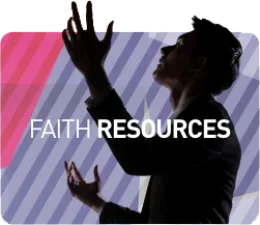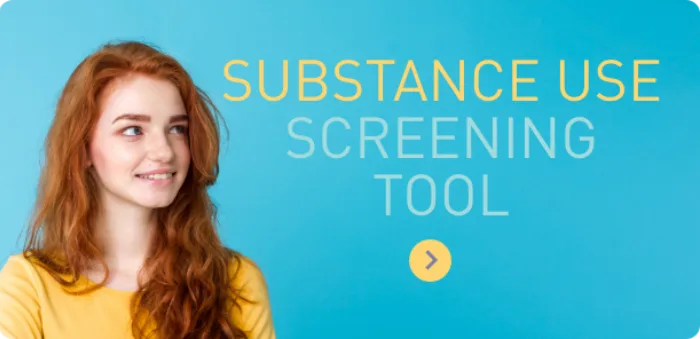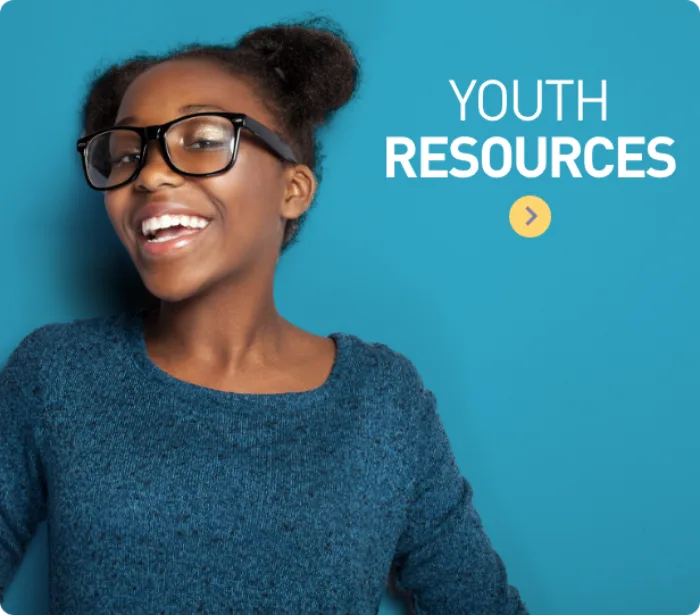
Substance Use
There is hope
The pretty cheerleader. The up-and-coming young art director. The vacant-eyed man who scrounges for soda cans downtown. As different as they are, these people share the common diagnosis of Substance Use Disorder, a disease that affects a person’s brain and makes them unable to control their use of addictive substances such as alcohol, marijuana, legal and illegal drugs, and nicotine.
Substance use disorder affects young and old, rich and poor. Long-term recovery is possible.
Understanding Substance Use Disorder
Substance use disorder, commonly called “addiction,” is a disease that occurs when a person becomes dependent on alcohol or drugs to the point where they cannot stop using them. The disease can develop due to a variety of factors including genetic predisposition, early childhood experiences, trauma, emotional distress, anxiety and depression, or environmental contributors. The use of addictive substances leads to a host of health problems and sets the stage for troubles at school and work, in families and other important relationships, and in society.
How is substance use a disease?
Substance Use Disorder is a disease caused by something a person ingests, in the same way that heart disease or skin cancer can be brought on by a person’s own actions. Just as some people are genetically predisposed to diabetes, cancer or heart disease, others are predisposed to Substance Use Disorder.
What is addiction?
Addiction is a chemical change in the brain caused by the use of drugs or alcohol. Substance use becomes the priority of this “rewired” brain, and it effects every aspect of the user’s life, including school, work, marriage and relationships—and their entire future.
Why treatment is important
Drugs change a person’s body chemistry, which means “recovering” from addiction isn’t temporary—it’s a lifelong pursuit. People with Substance Use Disorder should always seek professional treatment from trained medical professionals so they can receive vital medical intervention, professional counseling and relational support.


Take the Next Step
If you or someone you know is living with a mental health issue or an addiction, take the first step toward getting help.
Talk to a friend
Or text LookUp to 494949
Call 988
If you need immediate help.
Find Help




